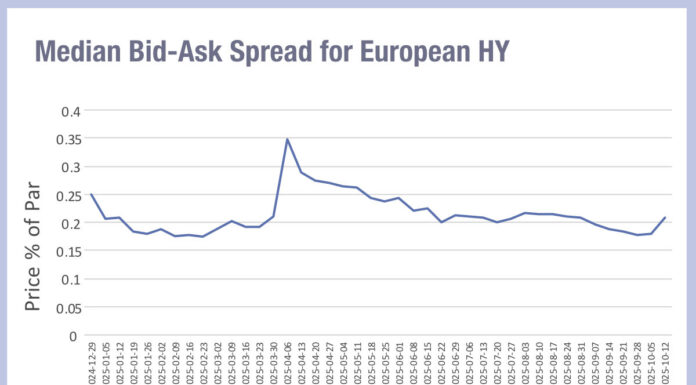Claims of financial misconduct made against CPI Property Group (CPIPG) by investment firm Muddy Waters, first raised in November 2023, have no evidence, an independent review from White & Case (W&C) has found – but the company should strengthen its compliance systems.
Muddy Waters alleged that CPIPG’s majority shareholder, Radovan Vitek, was exploiting the firm for personal gain, overstating asset values and demonstrating “questionable” corporate governance to the detriment of the company and its bondholders.
In addition, it claimed, CPIPG either exerted undue influence over evaluation experts assessing its real estate portfolio and/or inaccurately reported occupancy rates.
When releasing its first report on the matter, the short seller held a short position in CPIPG’s credit. Since November 2023 it has published a total of five reports, in addition to a list of questions for CPIPG management in advance of the firm’s annual results call this April.
After a forensic e-review, interviews with CPIPG staff, information and document requests and an open source and database review, W&C found no evidence to support Muddy Waters’ claims.
Although some transactions made between Vitek and the company were “unconventional”, this is a reflection of the firm’s history as a family-run business, W&C stated. In addition, frequent company loans to and annual share buyback purchases from Vitek were equivalent to regular dividend distributions.
The firm has been transparent about these loans, it continued, and although loans and repayment schemes involving flexibly-valued assets such as real estate may attract market criticism, prompting questions around the adequacy of the relevant consideration, these actions were not concealed.
That being said, some older transactions were found to have “unnecessary complex structures that are not understandable to general market participants”, W&C said. It also identified a number of transactions by Vitek including third parties and their business interests, commenting that “while we have not identified any evidence that these transactions were detrimental to CPIPG or its bondholders, such transactions could be called into question from a corporate governance perspective”. Additionally, instances where the affairs of Vitek, his affiliates and the firm were insufficiently separated were flagged, along with concerns that some in management positions within the group were also holding positions in Vitek’s external entities.
“Although such arrangements may be legally permissible, they do not align with best practices in corporate governance and might not have been known to the market in all instances,” the law firm stated.
W&C has made a series of five recommendations to CPIPG in light of its investigation. Assets acquired by Vitek which do not fall under the scope of CPIPG’s core business activities should be sold at a minimum purchase price equal to the initial acquisition, it advised, in addition to all costs incurred in connection to the acquisition of the assets and during CPIPG’s ownership. If a buyer is not found within a reasonable time, Vitek should consider acting as purchaser, it added.
Greater scrutiny is needed around conflicts of interest and confidentiality concerns, W&C continued, advocating for stakeholders to be clearly identified, relationships, dealings and transactions to be formalised and a clear distinction to be made between CPIPG and Vitek’s family office. Those servicing either of these entities should be assigned solely to one, or remain independent, and any third parties or advisors should be engaged independently.
Greater compliance and more robust organisational compliance structures at CPIPG is recommended, including the introduction of a compliance officer at group level. This is expected to be implemented in Q3 2024, W&C believes. The firm’s related-party transactions policy and policies around material transactions around stakeholders also need strengthening, it added, stating that “CPIPG should only transact business with the family officer, related parties and/or the majority shareholder provided it would carry out the same transaction with a non-affiliated third party at the same conditions”. If a case is complex, Luxembourg law counsels should be engaged to validate any judgements.
©Markets Media Europe 2024
©Markets Media Europe 2025












